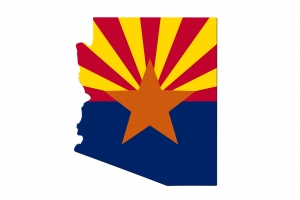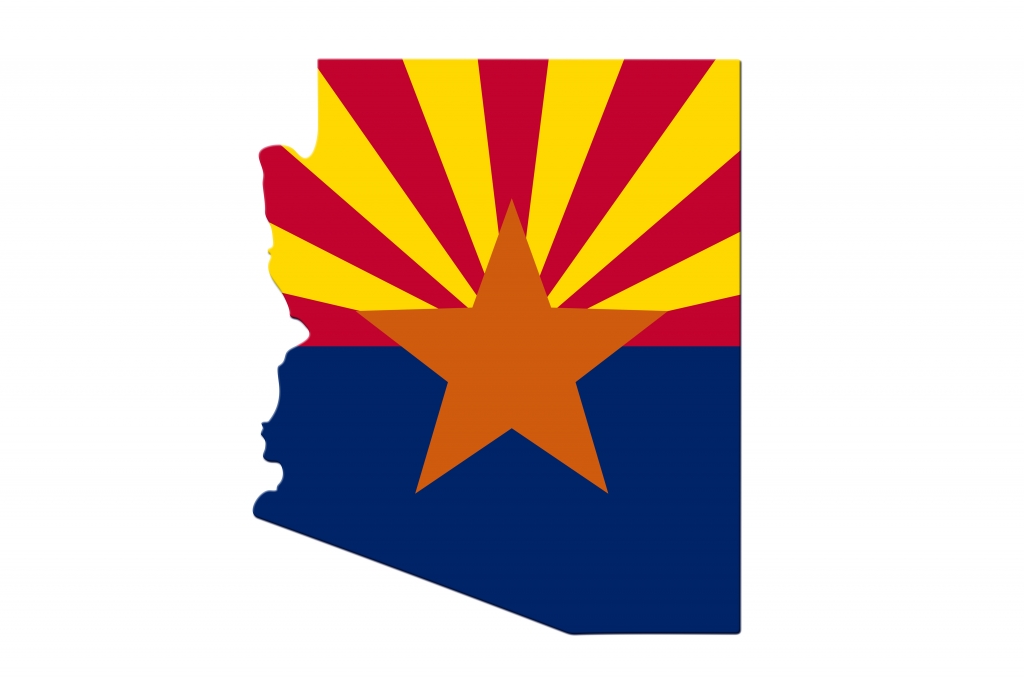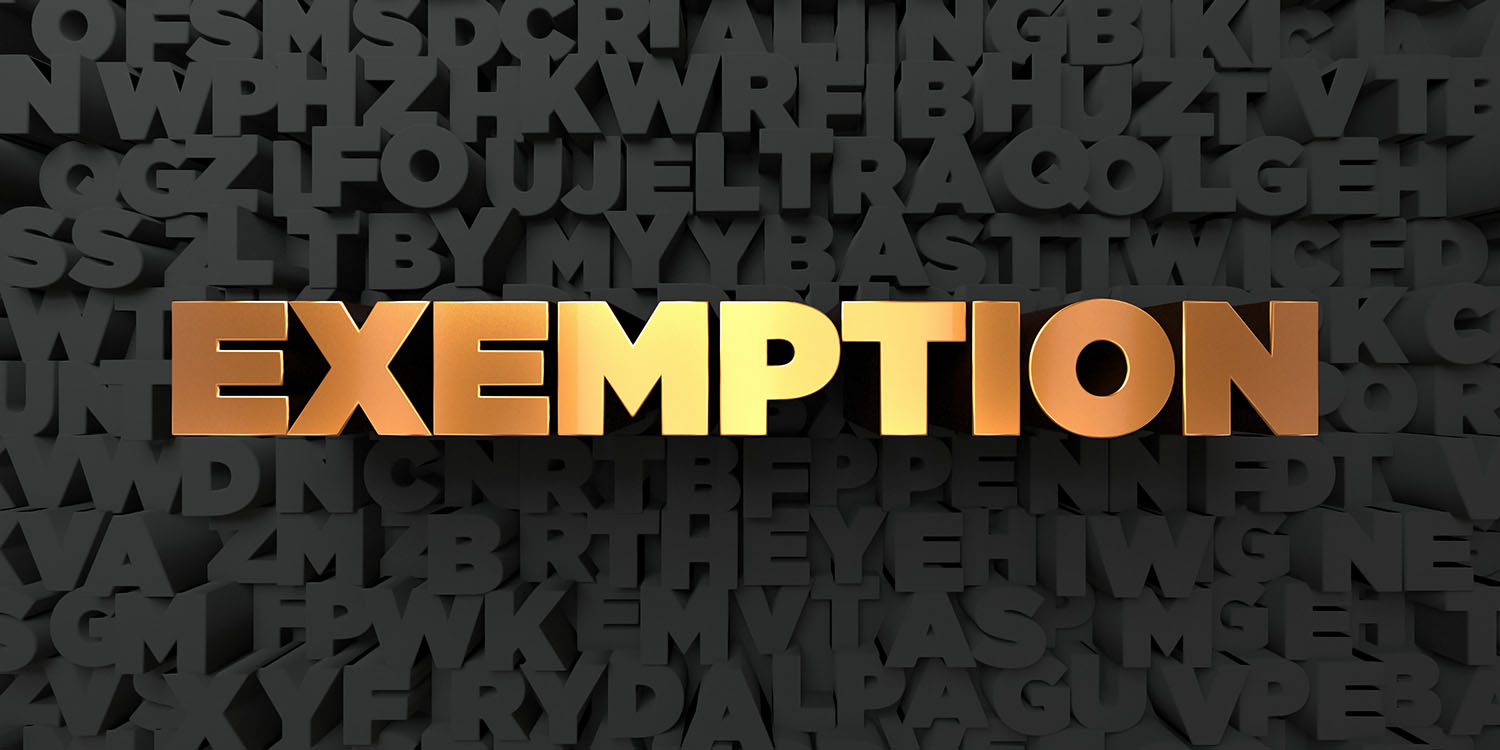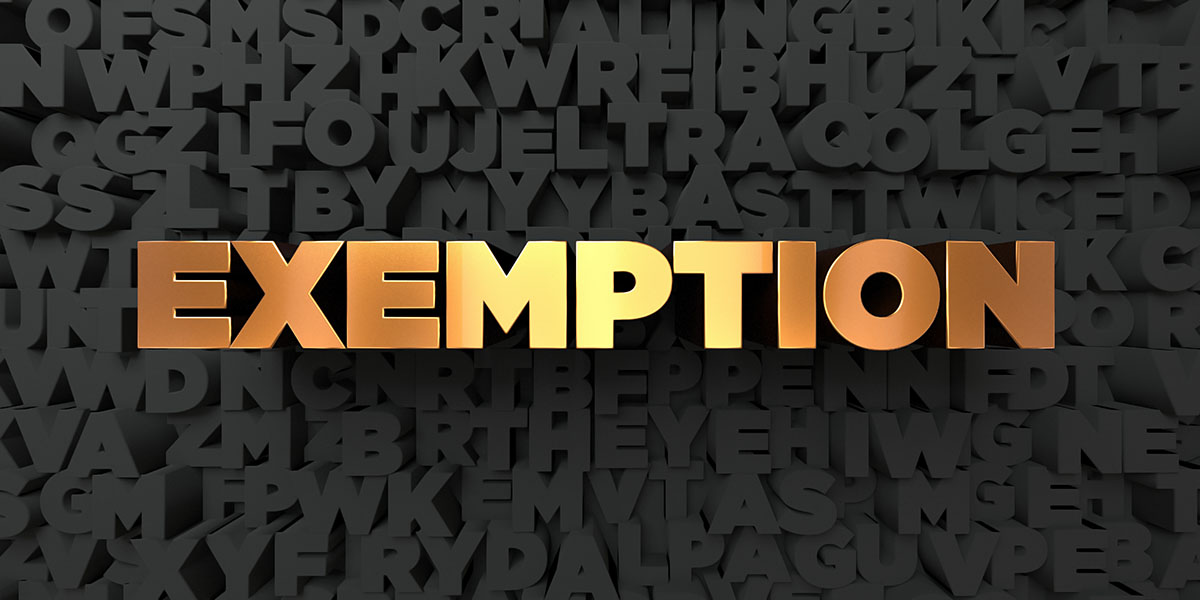ARIZONA BANKRUPTCY EXEMPTIONS LIST PART TWO: MONEY, BENEFITS, AND PROCEEDS
 When you are filing Chapter 7 bankruptcy, the idea of the trustee that is appointed to your case ceasing your personal assets can be devastating. It is important to make sure that you are looking into every possibility when it comes to finding exemptions.
When you are filing Chapter 7 bankruptcy, the idea of the trustee that is appointed to your case ceasing your personal assets can be devastating. It is important to make sure that you are looking into every possibility when it comes to finding exemptions.
This second section of exemptions will take a look at your money, benefits, and proceeds.
Click here for information on Arizona bankruptcy exemptions part one.
MONEY, BENEFITS, AND PROCEEDS
- Life insurance proceeds that are not greater to an amount of $20,000 to be paid out upon death to a spouse or child(ren). A.R.S. § 33- 1126(A)(1)
- The earnings of a minor child are exempt unless the debt in question was accrued for the special benefit of the minor. A.R.S. § 33- 1126(A)(2)
- Child support or spousal support that is received by a court order are exemptions from bankruptcy proceedings. A.R.S. § 33- 1126(A)(3)
- Anything from an employer that is received from health benefits. This also includes insurance like accident and disability. A.R.S. § 33- 1126(A)(4)
- All the proceeds that come from the destruction or damage to an exempt property. This includes the exemption of all proceeds coming from fire and other insurances taken out on said property. A.R.S. § 33- 1126(A)(5)
- The cash surrender value of life insurance policies that the debtor has had and maintain in an excess of two years as long as it has a qualified beneficiary on file. This is exempt only if it is not avoidable by a creditor as a fraudulent transfer. A.R.S. § 33- 1126(A)(6) and A.R.S. § 20-1131 (D)
- Annuity contracts that have been maintained for at least a period of two years without expiration by the debtor and have a qualified beneficiary on file. This is exempt only if it is not avoidable by a creditor as a fraudulent transfer. A.R.S. § 33- 1126(A)(7)
- Claims for damages or sale of exempt personal property or for the wrongful taking or detention of exempt personal property. This does not apply to annuities or cash surrender values increased by premium payments made within the last two years in excess of the annual premium paid during the last three years. A.R.S. § 33- 1126(A)(8)
- Bank deposits do not exceed $300. This is not exempt from normal service charges that may be assessed by your financial institution. A.R.S. § 33- 1126(A)(9)
- Benefits from a qualified ERISA retirement plan or deferred compensation plan are exempt except for A.R.S. § 33- 1126(B):
- Amounts contributed within 120 days before the debtor filed for bankruptcy
- Alternate payees under a qualified domestic relations order
- Does not apply to the assets of bankruptcy proceedings filed prior to July 1, 1987
- Not exempt from orders for child support or child support arrearages
- Prepaid rent amounts, including security deposits as provided in A.R.S. § 33- 1321(A) for where the debtor and/or family reside. Not to exceed the lesser of $2,000, where the debtor has not claimed a homestead exemption. This is not exempt from orders pertaining to child support or child support arrearages. A.R.S. § 33- 1126(C)
- Group life insurance policies or proceeds from them. A.R.S. § 20-1132
Obtaining a bankruptcy lawyer when it comes to the specifics of your money allocations and accounts is the best option if you fall into any of these exemption categories. You are entitled to know your rights, especially when it pertains to your financial future.




